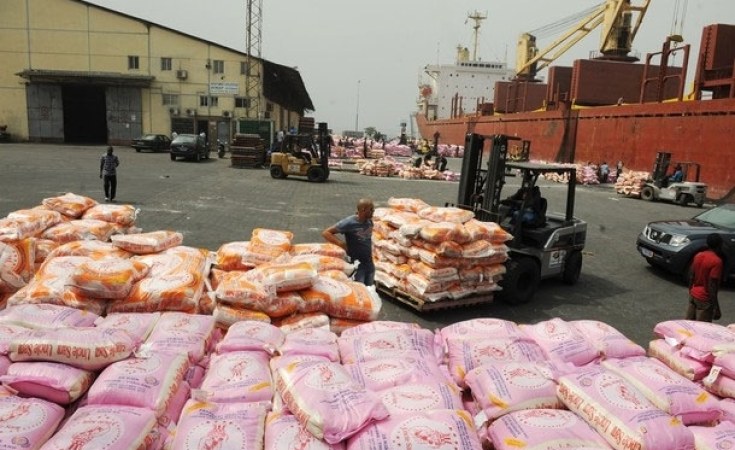Since the outbreak of the coronavirus, we have seen countries restrict food exports in the fear that a global shortage may be imminent and would undermine their domestic food security. Currently, however, in global terms, the Agricultural Market Information System created by the G-20 in the wake of the 2008 food price crisis, shows that food markets remain well-balanced, and that cereal stocks are expected to reach some of their highest levels.
Indiscriminate recourse to food export restrictions can lead to a lack of faith in global markets. The outcome could be a net welfare loss for all as food prices jump and volatility increases in the midst of an artificial shortage.
Exporters could lose markets, hurting their producers, especially the most vulnerable ones. Importing countries might embark on inefficient systems of food production at a high cost in an effort to protect their own food security. Consumers, especially in food importing countries, lose as food prices are higher and the variety of food available is less. The poorest and the most vulnerable would be hurt the most.
In the long run there can be no real food security without international trade. Consider this. Each year the international trading system moves enough wheat, maize, rice and soybean to feed approximately three billion people across the globe. In so doing, international trade leads to an efficient use of natural resources. As the United Nations Development Program tells us, if a country such as Egypt were to grow all its own food, it would need three River Niles, not one. International trade has also expanded and enriched the human diet, allowing countries to consume foods that they cannot themselves produce, and to do so all year round.
International trade will become even more important as our climate changes. Whether in the wake of short-term natural disasters or longer term land degradation, some countries will increase their dependence on trade for food security. Already many of the most vulnerable countries, small islands, import more than 60 percent of the food they consume. Suffice it to point out that in post-disaster periods countries tend to dramatically reduce their tariffs on food to shield their populations from food shortages and higher prices.
It is thus critical that members of the international community join hands to make the international trading system more dependable. The issue of food export restrictions, in particular, must be tackled head on. Existing World Trade Organization (WTO) rules recognize the right of member countries to apply temporarily such measures to avoid critical shortages of foodstuffs for their own population. But they also urge food exporting countries to give due consideration to the food security of others, prior to cutting off their supply.
Countries would do well to heed that call. Furthermore, ongoing agriculture negotiations are seeking to emphasize the requirement of notice period that countries give each other before imposing such restrictions, so that importing countries are not caught off guard.
The negotiations are also seeking to exempt food destined for the World Food Programme from such restrictions, to shield the world’s humanitarian food supply. These few changes alone, if agreed, would go a long way to boosting confidence in the international trading system.
Keeping trade flowing is a critical goal of the agenda of the agriculture negotiations in the WTO. While discouraging export restrictions is important, the agenda calls for action in other important areas. Countries are called on to reduce trade-distorting agricultural subsidies which offer artificial advantage to their farmers and simultaneously crowd out the world’s poorest and most vulnerable producers, who are not subsidized by their governments. Further efforts are directed at reducing agricultural import tariffs and non-tariff barriers that decrease market opportunities and inflate food prices, further impoverishing the already poor.
The WTO and the multilateral system are critical to ensuring that the rules to keep trade flowing are in place and that they are observed. The current health crisis underlines the importance of trade and is a call to the entire international community to engage constructively at the WTO to take the agriculture negotiations forward when they resume. Multilateral system-based decision-making that results in predictable food markets and increasing trade flows can deliver lasting food security for all.
Ambassador John Deep Ford of Guyana chairs the World Trade Organization's Negotiating Group for Agriculture and has more than 30 years of experience working as an economist in the areas of agricultural trade and food policy. He has written this article under his own responsibility and the views expressed are his own.


